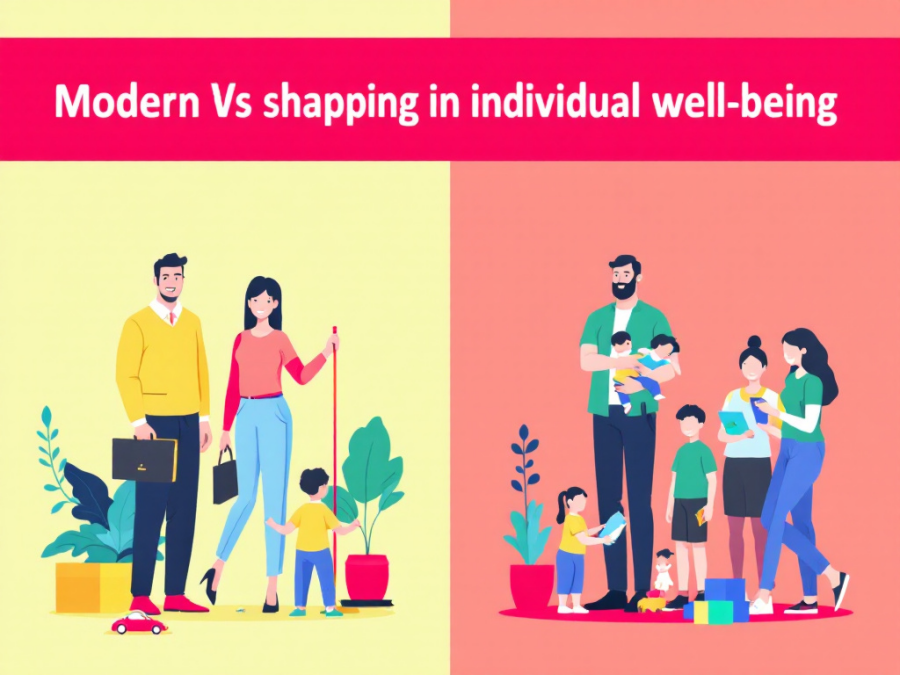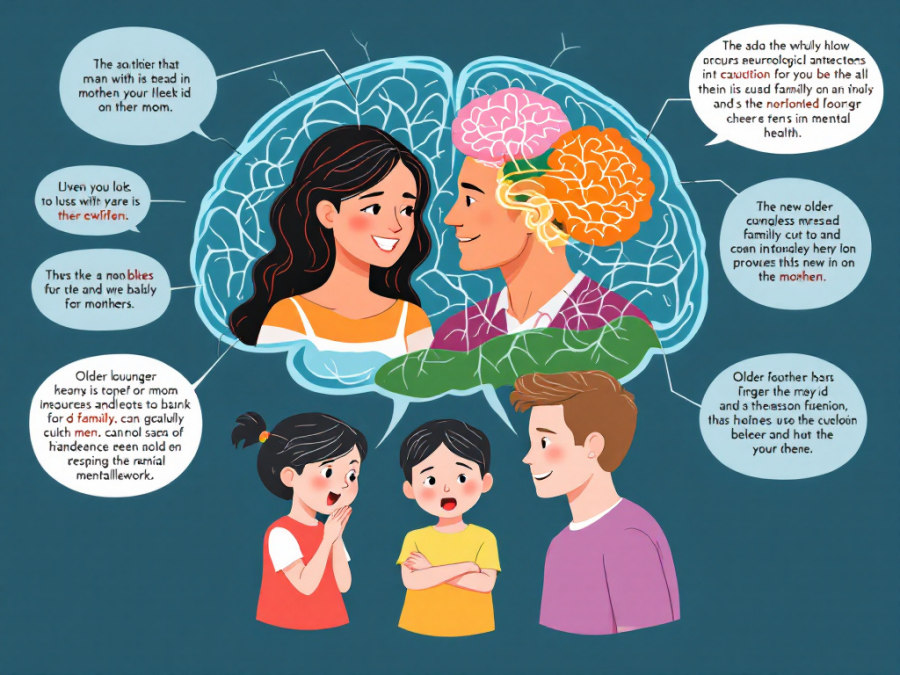

This post examines the profound significance of family, exploring its multidimensional role in shaping individual lives and societal structures. Through evidence-based insights, culturally rich examples, and actionable strategies, it offers a comprehensive guide to fostering meaningful familial connections in an increasingly fragmented world.
Imagine a society without familial structures—an existence devoid of emotional anchors, ethical guidance, and shared histories. Family serves as the crucible for personal growth, providing support systems unparalleled in their depth and intimacy. Yet, as hyper-individualism and digital connectivity redefine relationships, reassessing the relevance of family in contemporary life becomes essential.
Family transcends biological ties; it represents a social construct offering stability and continuity in a volatile world. From celebrating milestones to navigating crises, familial bonds underpin human experience, emphasizing community, empathy, and shared purpose.

Families provide unwavering support, creating an environment where individuals can thrive without fear of judgment. This sanctuary fosters resilience and a deep sense of belonging.
Illustrative Case: Ravi, a technology entrepreneur from Delhi, experienced a significant business loss during the pandemic. His family’s emotional and logistical support reinvigorated his entrepreneurial spirit, highlighting the transformative power of familial connections.
As the primary agent of socialization, family instills values shaping decision-making and interpersonal interactions. Lessons in respect, diversity, and accountability are pivotal in crafting an individual’s moral compass.
Research consistently links strong familial bonds with enhanced psychological well-being. Familial engagement reduces stress biomarkers, elevates dopamine levels, and promotes emotional stability.

While families can nurture growth, dysfunctional relationships may result in significant psychological harm. Toxic dynamics, including manipulation or neglect, necessitate proactive intervention.
Boundary Setting: Establishing clear boundaries helps maintain emotional equilibrium.
Therapeutic Interventions: Counseling can transform strained relationships into constructive ones.
Fostering Empathy: Active listening and empathetic communication resolve underlying tensions and promote understanding.

Modern lifestyles require recalibrating traditional family roles to align with individual aspirations. Striking this balance involves redefining relationships while preserving their essence.
Leveraging Technology: Tools like WhatsApp and Zoom enable sustained connections across distances.
Prioritizing Quality Interactions: Depth of engagement outweighs frequency. Shared activities, such as collaborative projects or hobbies, enhance relational quality.
Relatable Illustration: Priya, a corporate strategist in Bengaluru, strengthens bonds through virtual game nights and curated care packages despite her demanding schedule.

India’s familial ethos exemplifies a unique blend of collectivist traditions and modern adaptations. Joint families highlight the nation’s emphasis on communal resilience.
Case Studies of Triumph: Sundar Pichai attributes his success to foundational values instilled by his upbringing. Similarly, Mary Kom’s illustrious boxing career was supported by her husband, showcasing the synergistic potential of familial partnerships.
Navigational Challenges: Balancing patriarchal norms with contemporary egalitarian ideals requires dialogue and compromise.
Engage in Open Communication: Transparent dialogue is the cornerstone of enduring relationships.
Express Gratitude: Regularly affirm the efforts of family members.
Resolve Conflicts Proactively: Addressing issues tactfully prevents long-term discord.
Cultivate Shared Traditions: Annual vacations or weekly gatherings foster unity.
Prioritize Presence: Active participation in familial activities strengthens collective identity.
Despite its complexities, family remains an irreplaceable framework for emotional sustenance, ethical grounding, and shared legacy. Recognizing its value while addressing imperfections can foster more enriching and balanced relationships.
As society evolves, so must our understanding of family, ensuring it continues to be a source of strength and inspiration.
Evaluate your family dynamics.
Initiate a meaningful conversation with a loved one.
Start a new tradition to strengthen bonds.
Share this post to inspire reflection on familial connections.
Eager to explore the dynamics of human relationships further? Follow me for curated insights, stories, and strategies to enrich your personal and professional life!
